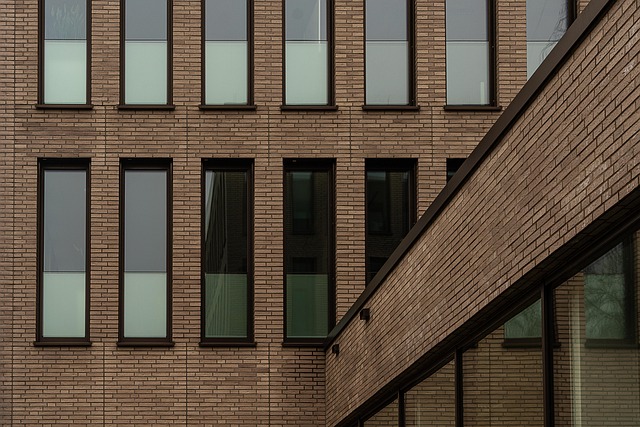Commercial roofing demands specialized skills for large structures like office buildings, warehouses, and retail spaces, handling heavy loads, high traffic, and extreme weather while maintaining integrity and energy efficiency. Choosing the right materials (e.g., metal, asphalt shingles, concrete tiles) tailored to specific needs is crucial. Engaging experienced professionals with up-to-date knowledge, high-quality materials, and advanced installation techniques ensures optimal performance, safety, and longevity. Regular maintenance and prompt repairs are vital for industrial roofs. Sustainable practices, like reflective coatings and recycled materials, reduce environmental impact while enhancing efficiency. Future trends include smart roofs and green technologies for enhanced performance and longevity.
“Unleashing the Secrets of Commercial Roofing: An Essential Guide for Industries
In the dynamic landscape of industrial construction, a robust and reliable roof is non-negotiable. This comprehensive guide delves into the intricate world of commercial roofing, offering insights for businesses seeking expert solutions. From understanding foundational concepts to exploring cutting-edge materials and safety practices, we navigate the key considerations shaping the industry. Discover how professional contractors are revolutionizing industrial roofs, ensuring durability, efficiency, and environmental stewardship. Optimize your space with informed decisions on commercial roofing.”
Understanding Commercial Roofing: The Basics and Key Considerations
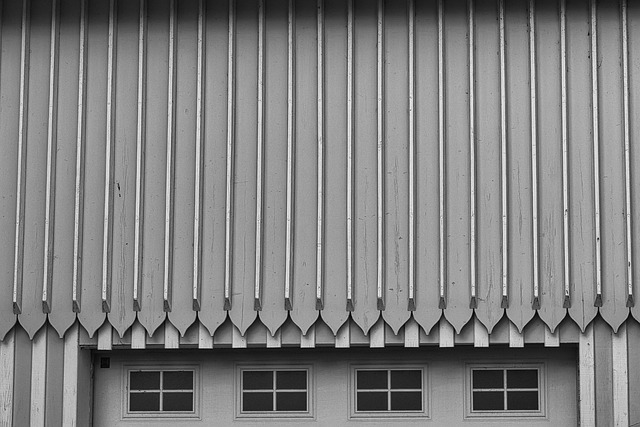
Commercial roofing involves specialized knowledge and techniques tailored to meet the unique needs of large-scale structures, such as office buildings, warehouses, and retail spaces. Unlike residential roofs, which often have standard designs, commercial roofs are complex systems designed to withstand heavy loads, manage high traffic, and provide long-lasting protection against harsh weather conditions. Key considerations in commercial roofing include structural integrity, energy efficiency, safety regulations, and compliance with building codes.
When choosing a commercial roofing service, it’s essential to evaluate their expertise in handling large-scale projects, understanding the latest industry standards, and using high-quality materials. Professional roofing contractors should be able to assess the current state of your roof, identify potential issues, and propose cost-effective solutions that align with your business needs. Regular maintenance and timely repairs are crucial to ensuring the longevity and performance of commercial roofs, ultimately contributing to a safer and more productive work environment.
Types of Commercial Roofing Materials: An Overview for Industrial Applications

In the realm of industrial roofing services, selecting the appropriate commercial roofing materials is paramount for any business seeking durable and reliable protection. Metal roofing has emerged as a popular choice due to its exceptional strength, longevity, and resistance to harsh weather conditions. Often made from steel or aluminum, these panels offer excellent corrosion protection, making them ideal for high-humidity environments and industrial settings. Additionally, metal roofs are known for their low maintenance requirements, ensuring cost-effectiveness over time.
Other prevalent commercial roofing materials include asphalt shingles, a budget-friendly option widely used in flat or slightly pitched roofs. These shingles are easy to install, lightweight, and provide adequate protection against minor weather events. For more demanding industrial applications, concrete tiles or clay bricks offer exceptional durability and fire resistance, making them suitable for structures that demand high safety standards. Each material has its unique advantages, catering to specific industrial needs in terms of aesthetics, climate resistance, and structural integrity.
Expertise in Industrial Roofing: What to Look for in a Professional Contractor
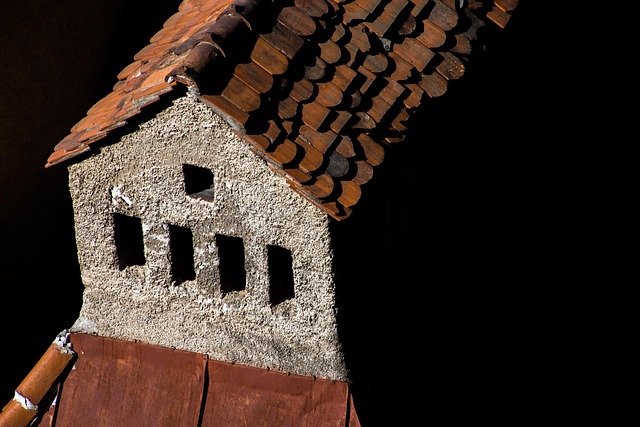
When it comes to industrial roofing, expertise is paramount. Look for a professional contractor who specialises in commercial roofing and has an established track record. Experience counts, especially when dealing with large-scale projects and unique challenges that come with industrial buildings. The right provider should be well-versed in various roof types, from flat roofs to complex metal structures, ensuring they can offer tailored solutions.
Additionally, a reputable contractor should stay up-to-date with the latest industry standards and safety protocols. This includes using high-quality materials, implementing advanced installation techniques, and providing comprehensive warranties. Their expertise shouldn’t just be in installation; they should also excel in repairs, replacements, and maintenance, ensuring your industrial roof remains in top condition throughout its lifespan.
Designing Roofs for Durability: Strategies for Commercial Structures
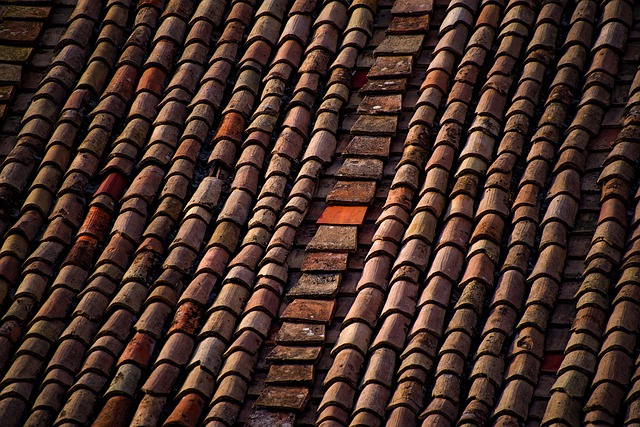
When it comes to commercial structures, designing roofs for durability is paramount. Industrial roofing services focus on employing robust materials and innovative designs to withstand the unique challenges posed by larger spaces. This involves selecting weatherproof membranes, reinforcing structural elements, and integrating advanced drainage systems to prevent water damage.
Professionals in commercial roofing also leverage modern engineering practices to enhance longevity. This includes incorporating energy-efficient insulation, implementing structural support solutions tailored to heavy loads, and utilizing reflective coatings to mitigate heat absorption. Such strategies not only ensure the structure’s integrity but also contribute to long-term cost savings and environmental sustainability.
Maintenance and Repairs: Keeping Your Industrial Roof in Top Condition

Maintaining a commercial roofing system is an essential aspect of property management for any industrial building owner. Regular maintenance and timely repairs are crucial to ensuring the longevity and structural integrity of your roof, which can protect your business from costly damage caused by leaks or collapse. A well-maintained industrial roof can also enhance energy efficiency, as damaged or old roofing materials may lead to heat loss or gain.
By implementing a structured maintenance plan, you can identify potential issues early on. This includes inspecting for loose or missing shingles, flashing damage, and signs of water intrusion. Prompt repair of these problems can prevent minor inconveniences from escalating into major crises. Many commercial roofing services offer preventive maintenance packages tailored to specific industrial roof types, ensuring that your roof remains in optimal condition throughout its lifespan.
Case Studies: Successful Industrial Roofing Projects and Their Impact
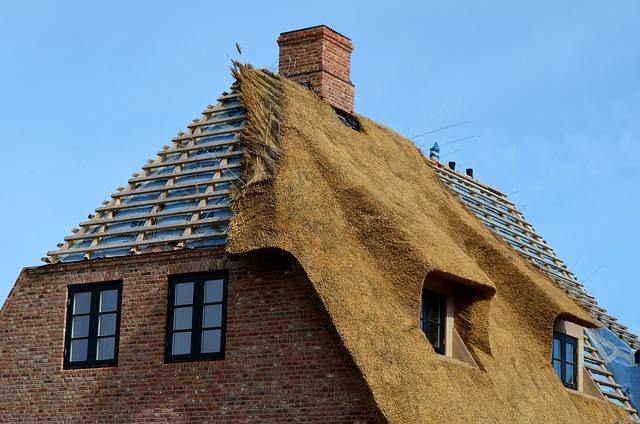
Successful industrial roofing projects are a testament to the expertise and innovation within the commercial roofing sector. These case studies highlight how robust, durable, and customized roofing solutions can transform facilities, enhancing their operational efficiency and extending their lifespans. For instance, a recent project involved retrofitting an old warehouse with a new, energy-efficient metal roof. The result was not only a significant reduction in the building’s carbon footprint but also a substantial decrease in cooling costs, demonstrating the tangible benefits of advanced commercial roofing techniques.
Moreover, these projects often involve navigating complex challenges unique to industrial settings, such as heavy loads, extreme weather conditions, and high-risk environments. Skilled roofing professionals employ specialized equipment and materials—from reinforced membranes to robust fastening systems—to ensure that each project meets stringent safety standards while providing long-lasting protection. Such successful implementations not only protect valuable assets but also contribute to the overall productivity and sustainability of industrial operations.
Safety First: Ensuring Worker and Site Safety During Roofing Installations
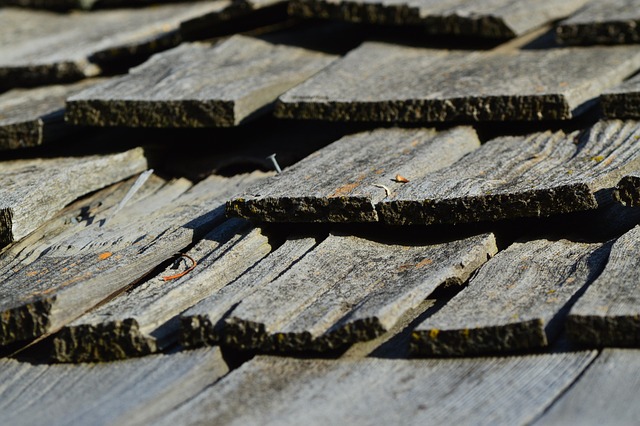
When it comes to commercial roofing installations, safety should always be the top priority. With complex and often elevated work environments, ensuring the safety of both workers and the site is paramount. Professional industrial roofing services understand this and employ rigorous safety protocols to mitigate risks. These include comprehensive training for their personnel, regular equipment maintenance, and adherence to strict industry standards. By prioritizing safety, these experts can create a secure environment, minimizing potential hazards and ensuring a successful project outcome.
Moreover, effective safety measures go beyond individual worker protection. They encompass the overall site security, preventing accidents and damage. This involves setting up appropriate barriers, providing protective gear, and implementing clear communication channels. Such proactive approaches not only safeguard the workers but also preserve the integrity of the surrounding area, ensuring a smooth and safe roofing installation process for all involved.
Environmental Considerations in Commercial Roofing Solutions
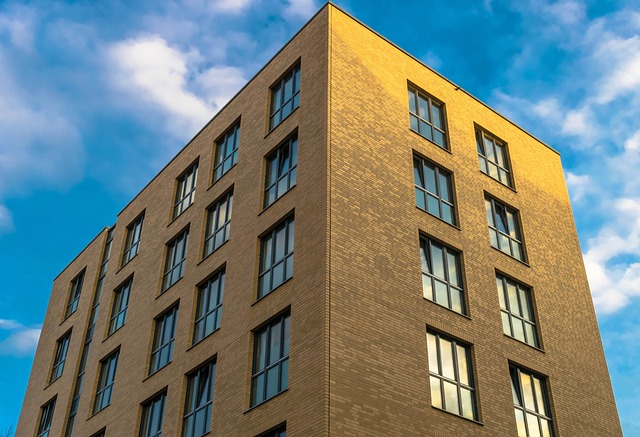
In the realm of commercial roofing solutions, environmental considerations are no longer an afterthought but a central aspect. The choice of materials and installation methods can significantly impact a building’s carbon footprint, energy efficiency, and overall sustainability. Eco-friendly options like reflective coatings, which reduce heat absorption, not only lower cooling costs but also contribute to mitigating urban heat islands—a growing concern in bustling cities. Additionally, incorporating recycled or biodegradable materials into roofing systems aligns with the industry’s evolving commitment to sustainability.
Moreover, proper waste management and disposal during commercial roofing projects are essential. Professional services prioritize responsible practices by minimizing debris, recycling wherever possible, and adhering to local environmental regulations. These measures ensure that roofing replacements or repairs not only enhance a property’s aesthetic and structural integrity but also contribute to the overall environmental health of the community, creating a harmonious relationship between man-made structures and the natural landscape.
The Future of Industrial Roofing: Innovations Shaping the Industry
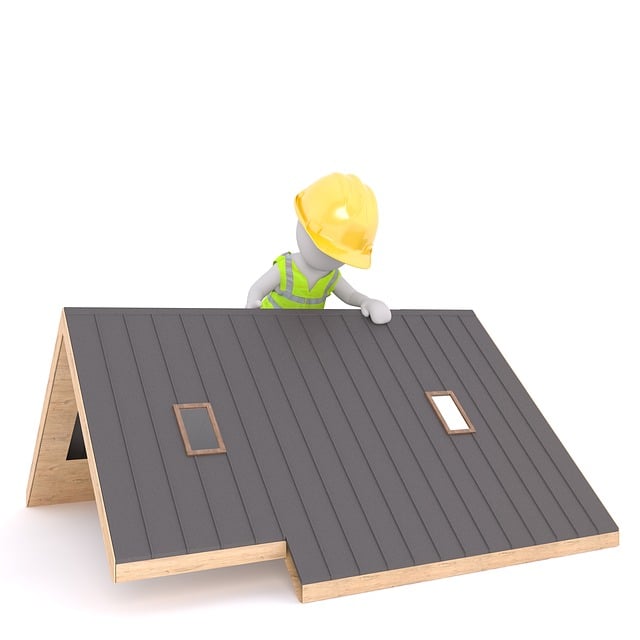
The future of industrial roofing is being shaped by a wave of technological advancements and innovative materials, transforming the commercial roofing landscape. Smart roofs are emerging as a game-changer, integrating sensors and IoT (Internet of Things) technology to monitor roof health, detect leaks early, and optimize energy efficiency through dynamic shading. These smart systems can provide real-time data on roof performance, enabling predictive maintenance and extending the lifespan of industrial roofs.
Additionally, sustainable roofing practices are gaining traction in the commercial sector. Eco-friendly materials such as recycled content, cool roofs that reflect sunlight, and green roofs that support vegetation are reducing the environmental impact of industrial buildings. These innovations not only contribute to a greener planet but also offer long-term cost savings through enhanced energy efficiency and extended roof longevity.
